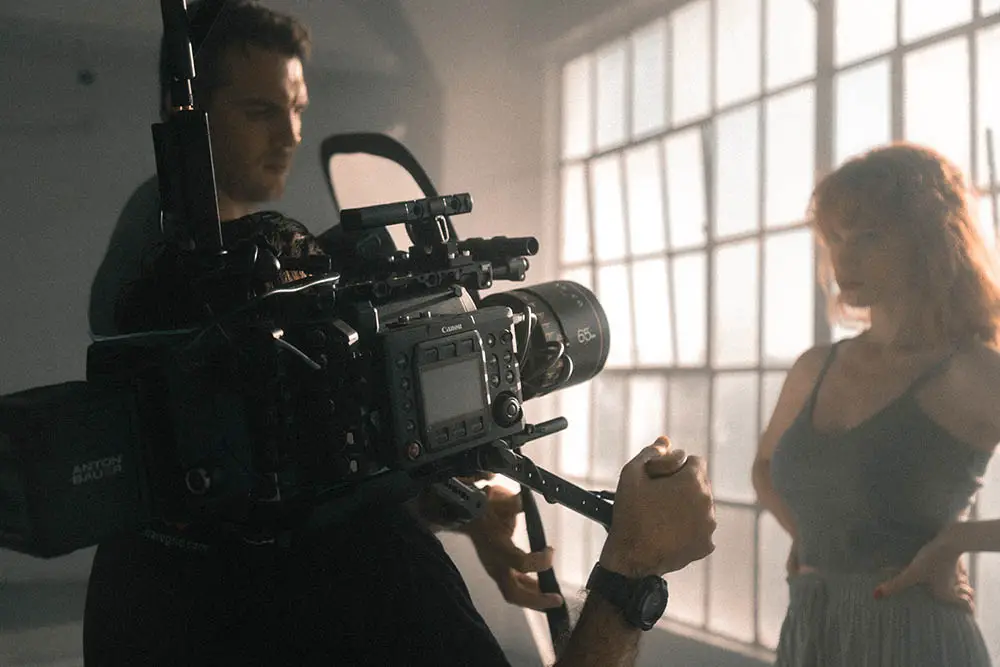It’s no secret that Hollywood has sculpted the world’s standards of Westernized beauty over the decades.
The truth is, you don’t have to be good-looking to be an actor, but you might have to be willing to make yourself look a certain way to be accepted and believable as a character.

In an ideal world, people don’t have to look a certain way to do the job they love. If they can do the job well, then it doesn’t matter how they look.
However, some parts of the entertainment industry have an unwritten rule about how actors need to look a certain way.
Fat actors can only be funny characters, actors with glasses are frizzy hair have to be the nerds, and actors with disabilities can only play characters who are about their disability.
None of these differences make a person unattractive, but they unfortunately play a part in which role they are given.
However, this is only usually the case for film and television.
The problem with film, television, or any form of broadcast media is that people have a high-definition view of every person’s flaws.
If the flaw is there for the character, such as acne for a teenager, then that flaw is more acceptable than an actual “flaw”.
Theatre, on the other hand, is much less fussy about the actors they hire.
They don’t care about whether someone is good-looking or not, because not everyone in the audience will be close enough to see the details.
Everything is exaggerated in theatre so that people in the nosebleeds (or balcony) can see the characters – from their makeup to facial expressions.
Of course, the actor has to fit the general description of the character, but in theatre, you don’t have to have undergone plastic surgery to be an actor.
It is important to say that actors should not be discouraged if they aren’t offered a role that was given to someone who might be more good-looking than them.
A good casting director will not hire someone because of their appearance.
In a world where countless celebrities, especially female actors, undergo botox and surgeries to “improve” their face and body, it’s easy to assume that you can only be an actor if you’re attractive.
Truth is, if you can play the role better than anyone else, then it shouldn’t matter how you look – but this sadly isn’t always the reality.
Do looks matter in acting?
The only time that looks matter in acting is when an actor matches the physical description of the role.
Acting is all about visuals, so a White man simply cannot play the role of a Black man.

A character who is described to wear certain clothing should wear said certain clothing. This is especially true if the character was introduced in the book-form.
However, unfortunately, this isn’t always the case. There have been multiple instances where someone has been cast in a role that is described as the complete opposite of how they look.
Whether they can act the part or not, this is the only instance where looks matter.
The priority of an actor is to be believable as a character. It’s both unethical and unbelievable for a White man to play a Black slave in a feature film about the slave trade, for example.
These are the only cases where looks matter because the actor is more likely to be praised for their physical likeness to the role than an actor who doesn’t match the physical description.
If you’re worried about whether you’re not attractive enough for acting, your mindset has been drilled into you by Hollywood’s ideas of beauty.
The only reason why actors in film and television appear “flawless” is because of the high-definition cameras and the unnecessary comments made by audiences.
This is one of the reasons why a lot of aspiring actors lose their motivation and self-belief, but the reality is that if you can play the role well, your looks shouldn’t matter.
Acting in theatre is one of the rare cases where looks don’t necessarily matter.
Sure, the actor should meet the character descriptions, but theatre is much less high-definition than TV or film.
Audience members won’t see wonky eyeliner or the sweat dripping off the actor’s face, nor will they see any facial disfigurements that can be covered with concealer.
Theatre actors are praised for their bravery and talent much more than film and television actors because the stage is a much more daunting space.
On stage, looks don’t matter as long as you can play the role.
After all, how can a casting director say that an actor has too many spots to play the role when makeup exists, or when audience members won’t actually see the spots?








